News
CWI publishes news item about its research, education and the social impact of this research on a regular basis. In addition to news items, we also publish more extensive stories about high-profile research or about CWI contributing to tackling social issues.
CWI develops AI models inspired by the brain
How can we develop smarter AI that more closely resembles the human brain? Sanne van den Berg explored this question together with her supervisors Pieter Roelfsema and Sander Bohté in her thesis.

CWI joins AI-driven solar energy research in HELIOS project
A collaboration between CWI and research institutes AMOLF and DIFFER has received funding from NWO-I to establish methods, techniques, and facilities that can be used to automatically design a highly efficient next-generation …
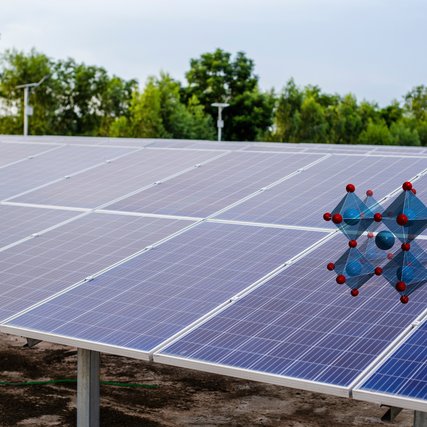
Dashboard to expose bias in library AI systems
Researchers from the Human-Centered Data Analytics (HCDA) group are collaborating with software companies to develop a dashboard that reveals bias in library recommender systems. The project has received €123,900 in funding from …

Farewell to CWI director Ton de Kok honoured with royal distinction
During his farewell address at Eindhoven University of Technology (TU/e) on June 12, CWI director Ton de Kok was appointed Knight in the Order of the Dutch Lion. He received the royal …
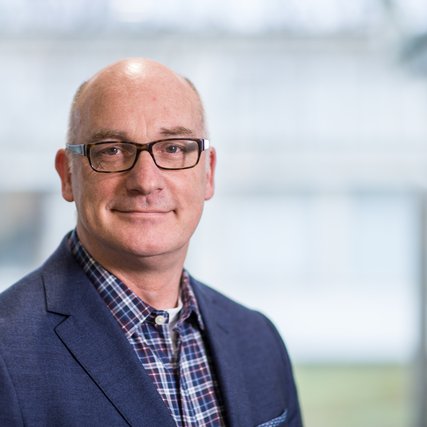
CWI partners with startup Raynetics on advanced 3D image reconstruction
Centrum Wiskunde & Informatica (CWI) has partnered with Raynetics, an Amsterdam-based deep-tech startup specializing in AI-driven 3D image reconstruction. As part of this collaboration, CWI group leader Tristan van Leeuwen has joined …
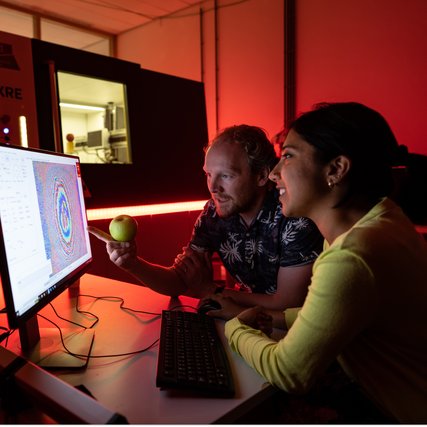
Francien Bossema wins KHMW Thesis Award for Interdisciplinary Research 2025
Francien Bossema has been awarded the prestigious KHMW Thesis Award for Interdisciplinary Research 2025 for her PhD research on heritage imaging research conducted at Centrum Wiskunde & Informatica (CWI).
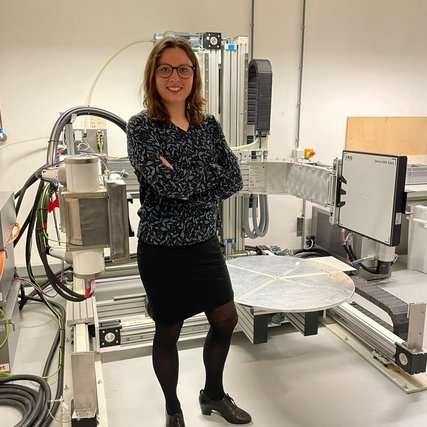
Jurjen Helmus delivers inaugural lecture on digital twins
How can digital replicas of machines make industrial production more efficient and sustainable? This question lies at the heart of Jurjen Helmus’s work. On 3 June, he will deliver his inaugural lecture …
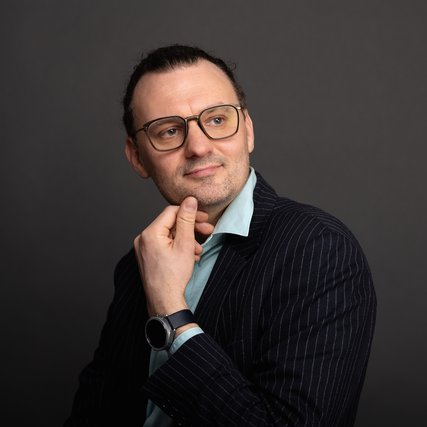
CWI part of funded food imaging project
A research consortium involving CWI’s Computational Imaging group has been awarded funding through the High Tech Systems and Materials (HTSM) programme. The project, led by Leiden University, aims to develop advanced imaging …

- 1 (current)
- 2
- 3
- 4
- …
- 157
- Button to the next page
